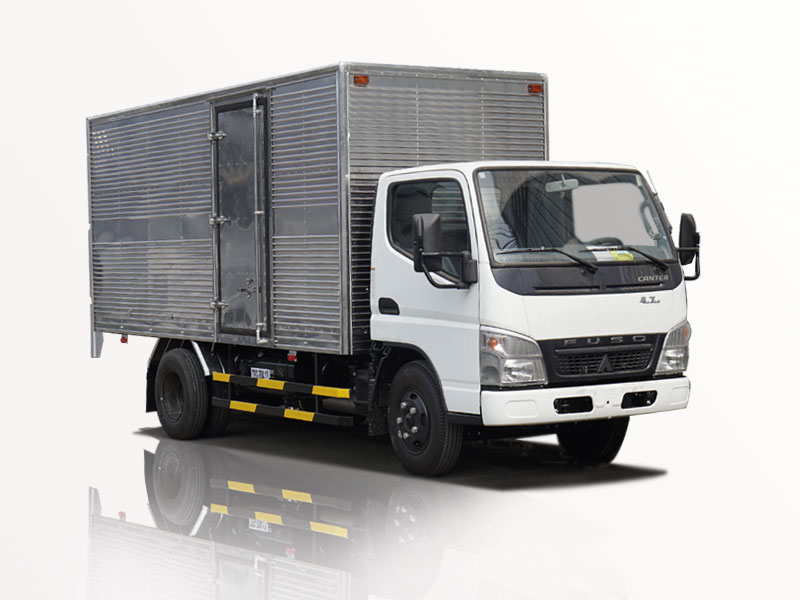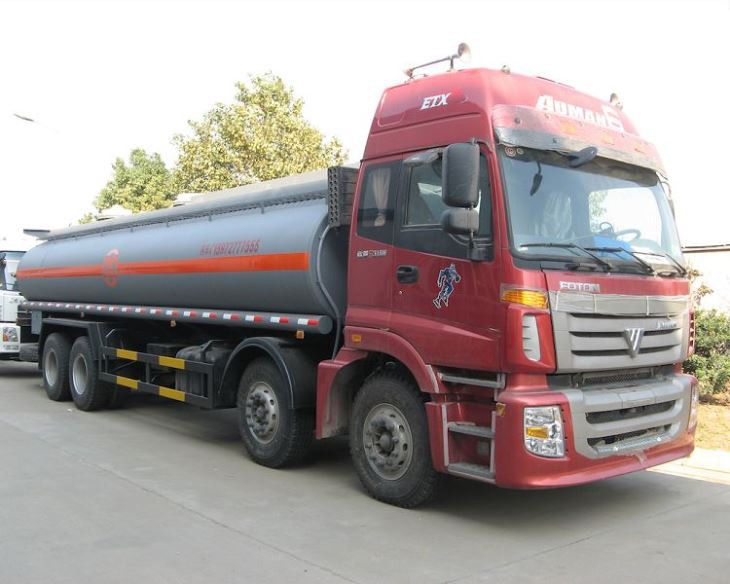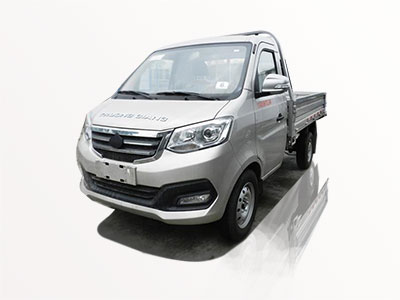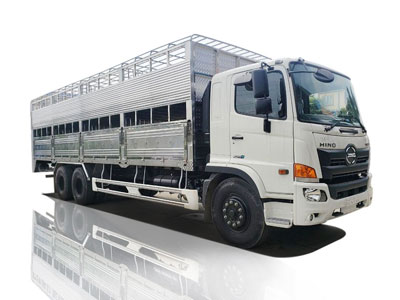Introduction
Big dumpster trucks play a crucial role in waste management and disposal processes across various industries. Whether it’s a construction site, a large event, or municipal clean-up efforts, these heavy-duty vehicles are designed to efficiently transport and manage large quantities of waste. This article will explore everything you need to know about big dumpster trucks, including their types, uses, and how to choose the right one for your project.
What is a Big Dumpster Truck?
A big dumpster truck is a specialized vehicle used to haul large dumpsters filled with waste material. These trucks are typically equipped with hydraulic lifting mechanisms that facilitate the loading and unloading of dumpsters. Their design allows them to handle significant weight and volume, making them indispensable in both commercial and residential applications.
Types of Big Dumpster Trucks
1. Front Loader Trucks
Front loader trucks are characterized by their front-mounted forks that raise and lower dumpsters. They are commonly used in commercial settings where dumpsters are placed in fixed locations.
2. Rear Loader Trucks
Rear loader trucks utilize a hydraulic system to lift dumpsters from the back. These trucks are suitable for residential waste collection and smaller commercial applications.
3. Side Loader Trucks
Side loader trucks have an arm that extends to pick up dumpsters from the side. This design is ideal for areas with limited space and allows for efficient collection.
4. Roll-Off Trucks
Roll-off trucks are designed to transport roll-off containers, which are commonly used on construction sites and during large clean-up projects. These trucks have a ramp system that allows containers to be easily loaded and unloaded.
Common Uses of Big Dumpster Trucks
1. Construction Sites
Construction projects generate a lot of waste, from materials like concrete and wood to general debris. Big dumpster trucks ensure timely removal of waste to keep the site safe and organized.
2. Demolition Projects
During demolition, large amounts of rubble and debris must be handled. Big dumpster trucks are essential for transporting this waste to disposal sites.
3. Municipal Waste Collection
Many cities use big dumpster trucks for regular waste collection from businesses and residential areas, making them a staple in urban waste management.
4. Events and Festivals
Large events such as concerts or festivals generate significant waste. Renting big dumpster trucks helps organizers manage waste effectively during and after the event.
5. Industrial Applications
Manufacturing plants produce waste materials that require proper disposal. Big dumpster trucks facilitate efficient removal of these materials, ensuring compliance with environmental regulations.
Choosing the Right Big Dumpster Truck
1. Assess Your Waste Volume
Understanding the amount of waste you need to dispose of is crucial. Consider the type of materials you’ll be disposing of, as this will help you choose the right capacity for the dumpster truck.
2. Select the Suitable Type
Choose between front loader, rear loader, side loader, or roll-off trucks based on your project requirements, space constraints, and the nature of the waste.
3. Consider Accessibility
Evaluate the site where the truck will operate. Make sure that there is sufficient space for the truck to maneuver and position the dumpster without interference.
4. Check Local Regulations
Be aware of local regulations regarding waste disposal, as some materials may require special handling. This can determine the type of truck you need.
Renting vs. Buying Big Dumpster Trucks
1. Renting a Big Dumpster Truck
Renting is often the more economical choice for short-term projects. It requires less financial investment and eliminates long-term maintenance costs.
2. Buying a Big Dumpster Truck
Purchasing a truck can be beneficial for companies that require frequent waste removal. Owning a truck may offer cost savings in the long run but comes with maintenance responsibilities.
Cost Considerations for Big Dumpster Trucks
1. Rental Costs
Rental prices can vary based on the type of truck, local market rates, and the duration of the rental. It is essential to compare rates from various vendors.
2. Operating Costs
For those who own big dumpster trucks, consider fuel, maintenance, insurance, and repairs as part of the operating costs.
3. Disposal Fees
Many service providers charge additional disposal fees based on the type and amount of waste disposed. Be sure to include this in your budget.
Tips for Efficient Waste Management with Big Dumpster Trucks
1. Sort Your Waste
Separating recyclables from general waste can reduce disposal costs and help you comply with environmental regulations.
2. Know Your Limits
Don’t overload the dumpster truck beyond its capacity. Be aware of weight limits and types of materials allowed to prevent penalties.
3. Schedule Regular Pick-ups
For ongoing projects, scheduling regular pick-ups can ensure your site remains organized and safe from hazards associated with overflowing waste.
4. Communicate with Your Service Provider
Maintaining open communication with your dumpster truck provider can help address any issues quickly and adjust services based on your needs.
Environmental Considerations
1. Recycling Initiatives
Many waste management companies now have recycling programs. Participating can minimize environmental impact and promote sustainability.
2. Hazardous Waste Handling
When disposing of hazardous materials, ensure compliance with local regulations. Special containers and handling procedures may be necessary.
3. Community Impact
Think about how waste disposal impacts the local community. Following environmentally friendly practices can enhance your project’s reputation.
FAQ about Big Dumpster Trucks
1. How much can a big dumpster truck hold?
Most big dumpster trucks can hold anywhere from 10 to 40 cubic yards of waste, depending on the type of truck and dumpster used.
2. What types of waste can I put in a dumpster?
You can typically dispose of construction debris, general waste, yard waste, and some recyclables, but hazardous materials require special handling.
3. Can I rent a big dumpster truck for a day?
Yes, many companies offer short-term rentals, allowing you to rent a big dumpster truck for as little as one day or for multiple days based on your project needs.
4. How do I know what size dumpster I need?
Consider the type and amount of waste you have. Many rental companies provide size recommendations based on common waste volumes.
5. What happens if I overload the dumpster?
Overloading a dumpster can lead to additional fees, safety hazards, and may affect pickup services. Always adhere to the weight limits provided by your service vendor.
6. Is it environmentally friendly to use big dumpster trucks?
Using big dumpster trucks can be environmentally friendly if managed properly, including recycling efforts and ensuring waste is disposed of correctly at licensed facilities.



